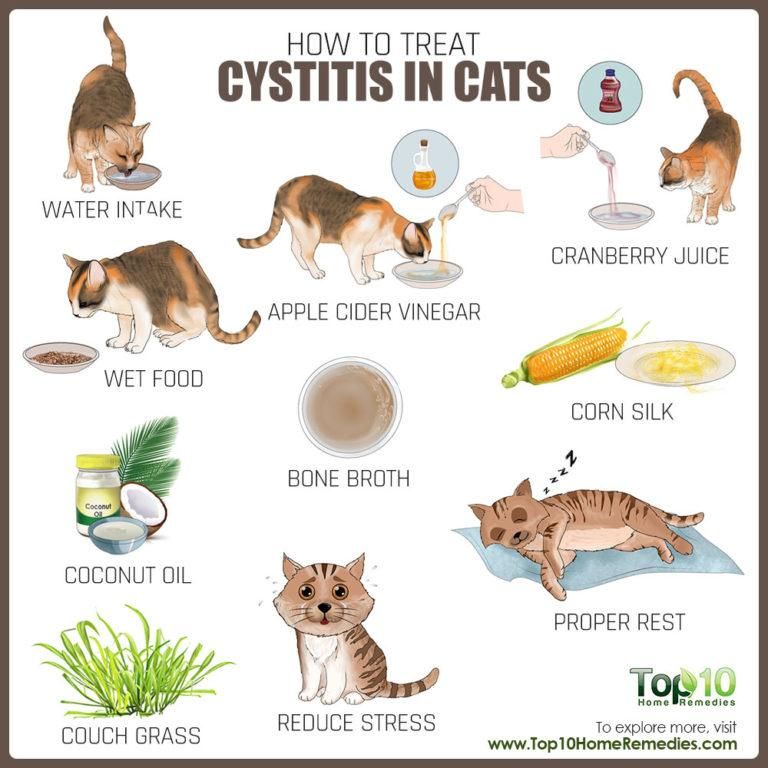Cats, like us, can suffer from diseases that affect their urinary tract.Cystitis is one of the most common problems in cats and can cause great discomfort if not treated properly.
It is a common condition, however, potentially dangerous, so every owner should know the symptoms of feline cystitis to act as quickly as possible and avoid major problems.Sometimes poorly cured cystitis can become chronic and cause your cat to have an occasional relapse.In addition, this condition creates a lot of stress for the animal.
- In this Animal Expert article.
- You’ll learn more about cystitis in cats.
- Causes.
- Symptoms.
- And treatments to act quickly and prevent the clinical condition from getting worse.
Cystitis is a disease that causes inflammation of the bladder, so it is very similar to human cystitis, it can be caused by different factors, but the consequences are the same, this causes problems when urinating, pain and can make the cat very sick.nervous, goes to the trash again and again, however, you can barely urinate, so it is important to go to the vet as soon as you notice the first symptoms.
Feline cystitis is a common disease that, with proper care, can be overcome, however, if complications occur, this can lead to serious problems; if an obstruction of the urethra occurs, for example, and it is not treated, the death of the animal will occur.
Feline cystitis can be caused by several factors, including
In principle, it can be difficult to determine the symptoms of cystitis in cats. However, as the disease progresses, your cat will show the signs more clearly. Therefore, it is important to observe the feline as soon as it behaves in a suspicious manner. The sooner you take action, the better.
The most common symptoms of cystitis in cats are:
If you notice that your cat is not urinating, this may mean a blockage of the urethra.This is caused by the formation of crystals in the urethra and usually occurs most often in men.When this happens, even if your cat tries and tries hard, it can’t urinate at all.In these cases, you should go immediately to your veterinarian.
As soon as you take your cat to the vet, the vet will perform a blood and urine test to determine the source and tell you exactly how to treat cystitis in the cat.
If it is a bacterial or viral infection it will be treated with a cure for cystitis in cats, which in most cases is an antibiotic.Respect the duration of treatment recommended by the veterinarian and do not treat your cat alone.It is very important not to leave the treatment in half, even if the cat is already ok.If the infection does not heal completely, relapses may occur.
In the meantime, you should take care of your friend’s four-legged diet and keep him hydrated until he recovers.
Hygiene is essential to avoid infectious problems such as feline cystitis, the sandbox should be as clean as possible and you should check, whenever you change the granules, that the deposits and urination are correct, on the other hand, the location of the sand.The box must be airy, accessible, moist and away from other animals.
Cats with cystitis may have problems with sanitary sand.Ideally, a wide, preferably open tray is. Locked boxes with doors are often harder to clean and some cats don’t like to close to urinate.You know your cat better than anyone, so choose the sandbox that suits you best and keep it as clean as possible.
Hydration is also important to prevent urinary problems.Animals should always have fresh, clean water. Leaving a cat without access to water for long periods of time can damage your kidneys.
If your cat comes out and stays outside for hours, place a container of water outside.Although cats are looking for alternatives to hydrate, it is best to drink the clean water we put in.
If you want to know more about other diseases that can affect your cat, read our article: Most Common Diseases of Cats.
This article is for informational purposes only, in Animal Expert.com.br we cannot prescribe veterinary treatments or make any type of diagnosis, we suggest that you take your pet to the veterinarian in case of any condition or discomfort.
If you would like to read articles similar to, we recommend that you visit our Bacterial Diseases section.

